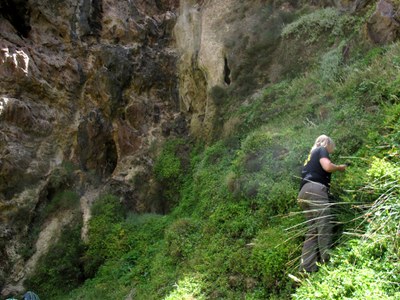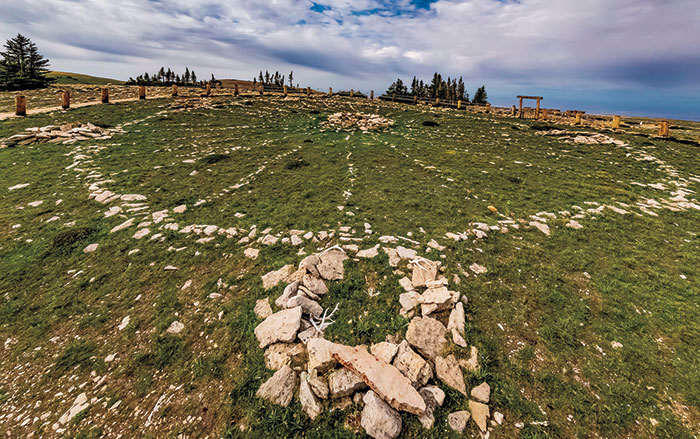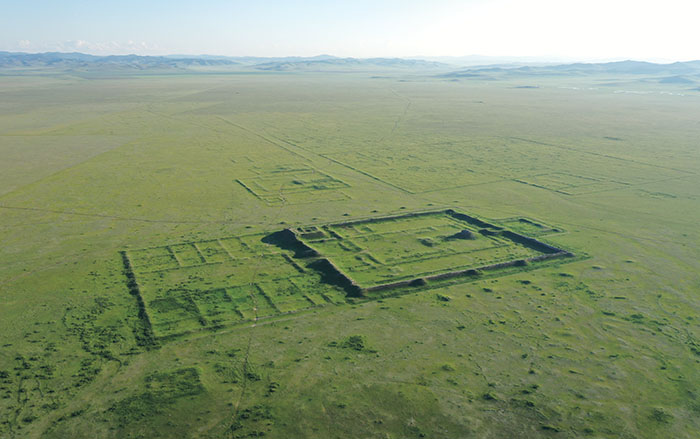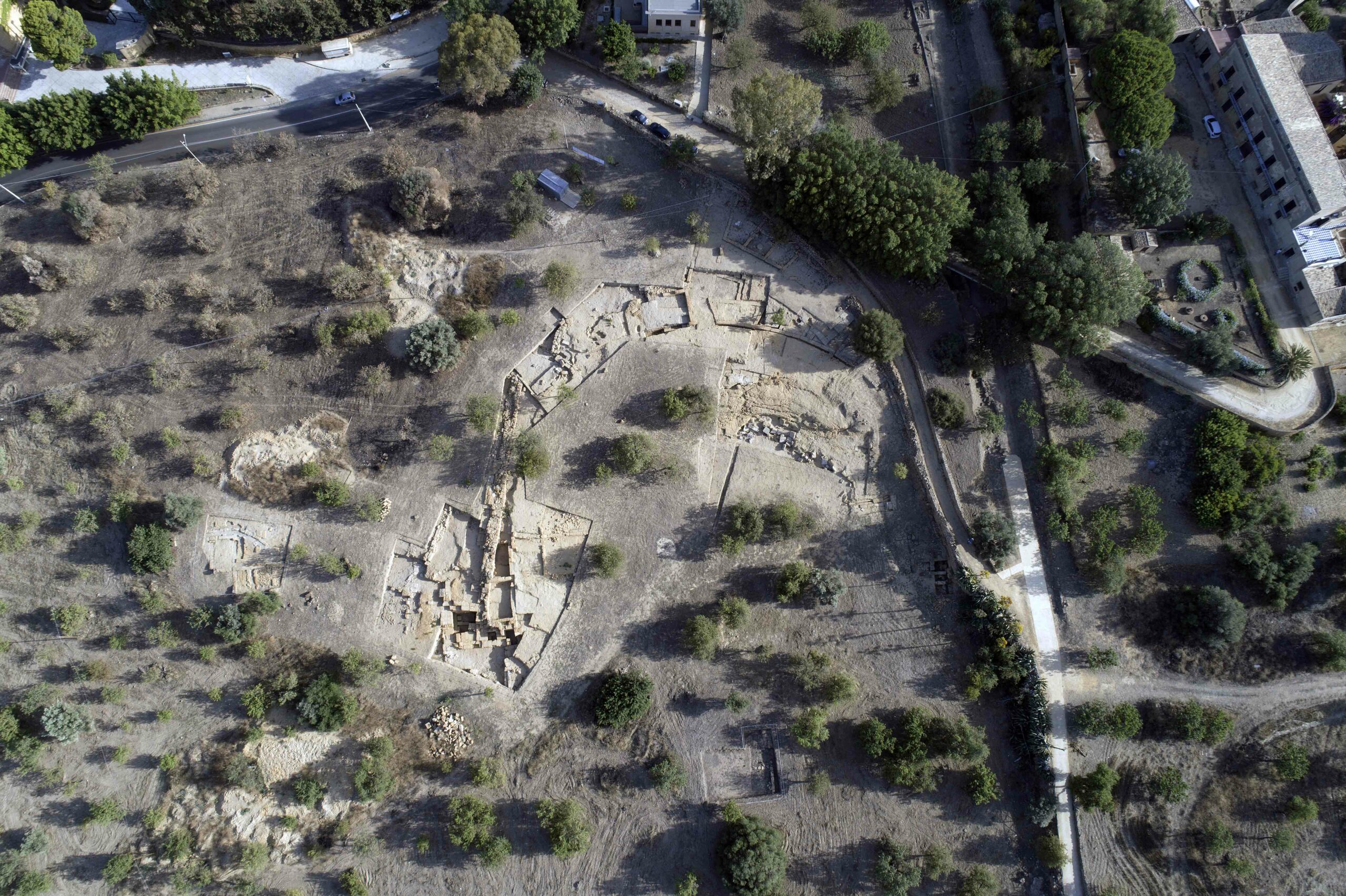
CAMBRIDGE, ENGLAND—Science News reports that archaeologist Cynthia Larbey of the University of Cambridge and her colleagues have found evidence that modern humans roasted tubers and roots for food as early as 120,000 years ago. The starch granules found in charred plant remains that they unearthed in South Africa’s Klasies River Cave have not been linked to any known starchy plants, however. Cooked starches would have been easier to digest and would have provided a more efficient source of glucose, and thus energy, to the hunter-gatherers, Larbey explained. The roots and tubers would have been available year round, she added, and would have supplemented a diet of shellfish, fish, and game animals. Roots and tubers were cooked in the cave up until about 65,000 years ago, despite changes in tool technologies and hunting strategies. Starchy crops are thought to have been farmed in Africa beginning about 10,000 years ago. For more on hunter-gatherers in South Africa, go to “First Use of Poison.”











